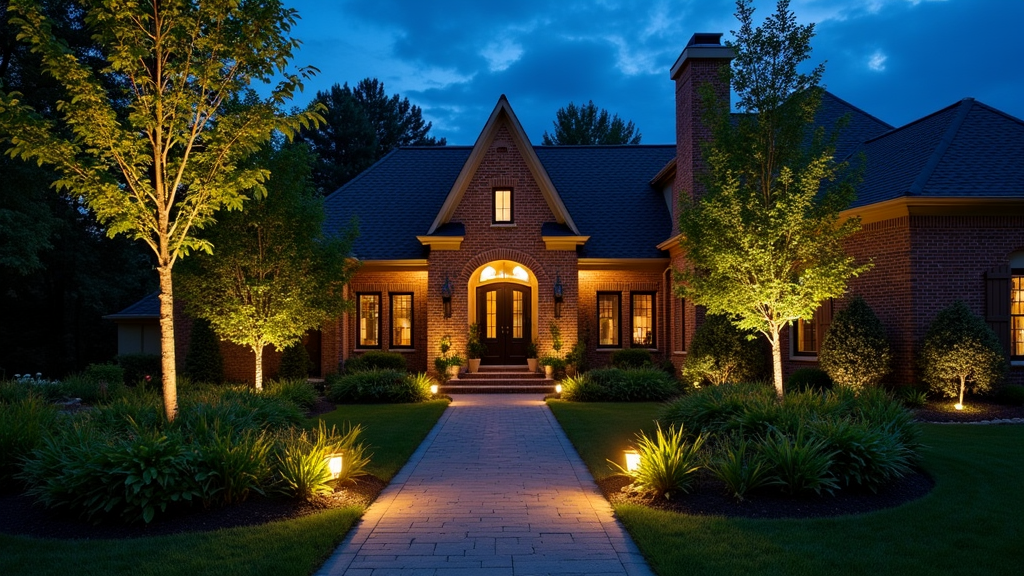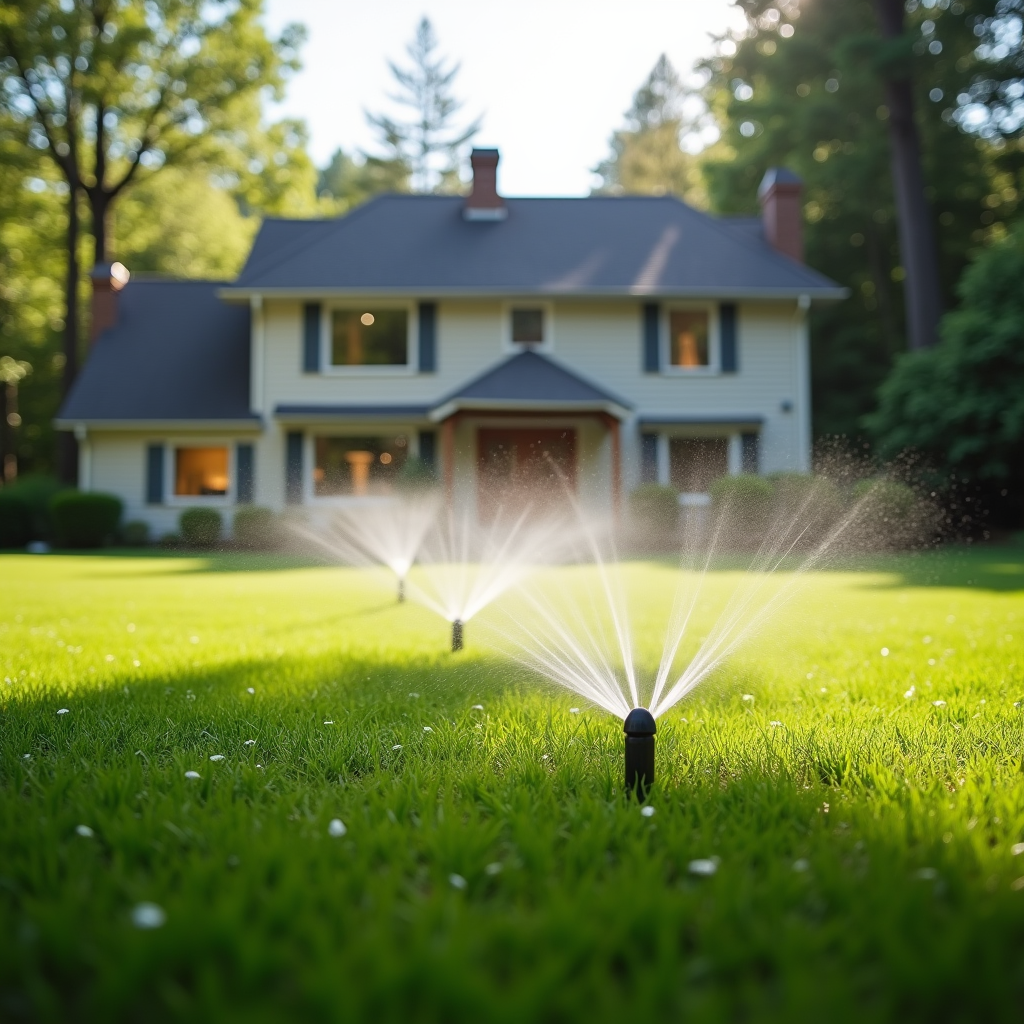Introduction
Creating a serene environment at home is more than just a trend; it's a lifestyle choice that many people are embracing, especially in bustling towns like Greensboro, NC. The notion of crafting a Zen garden has gained popularity among homeowners looking to cultivate tranquility and mindfulness right in their backyards. A Zen garden, or Japanese rock garden, embodies simplicity and natural beauty, making it an ideal landscape for those seeking solace amidst everyday chaos.
In this comprehensive guide, "Crafting a Zen Garden: Peaceful Landscapes for Your Home in Greensboro," we’ll delve into everything you need to know about designing your very own peaceful retreat. From understanding the elements of Zen gardens to practical landscaping tips specific to Greensboro’s climate and geography, this article aims to equip you with the knowledge necessary for creating an oasis of calm.
Understanding the Concept of Zen Gardens
What Makes a Garden “Zen”?
A Zen garden is not merely about aesthetics; it's a holistic approach to landscaping that promotes peace, mindfulness, and contemplation. These gardens often feature sand or gravel raked into patterns that symbolize rippling water, along with strategically placed rocks and plants that evoke balance and harmony.
The Historical Background of Zen Gardens
Originating in Japan during the Heian period (794-1185), Zen gardens were designed by Buddhist monks as places for meditation and reflection. The simple yet profound design principles have stood the test of time, captivating minds worldwide.

The Philosophy Behind Zen Gardening
Much like Feng Shui emphasizes energy flow within spaces, Zen gardening focuses on achieving inner peace through nature. It invites individuals to engage with their surroundings deliberately and thoughtfully.
Choosing the Right Location for Your Zen Garden in Greensboro
Assessing Your Outdoor Space
Before diving into the design process, consider where you'd like your Zen garden to reside. Observe your yard—from sunlight exposure to existing structures—and decide on an area that resonates with serenity.
Checklist for Choosing the Right Spot:
- Sunlight: Does the area receive ample light? Privacy: Is it secluded enough for relaxation? Accessibility: Can you easily reach it from your home?
Catering to Greensboro’s Climate
Greensboro experiences distinct seasons, which can impact plant choices and maintenance needs. Understanding local weather patterns will help ensure your garden thrives year-round.
Essential Elements of a Zen Garden
Rocks: The Foundation of Stability
Rocks symbolize permanence and strength. When selecting stones for your garden, think about their shapes and sizes—smooth river stones can convey fluidity while jagged rocks might represent resilience.
Sand or Gravel: Representing Water
While traditional Japanese gardens utilize fine gravel or sand raked into patterns symbolizing waves or ripples on water surfaces, you can choose any material that fits your aesthetic while being practical in Greensboro's climate.
Plant Selection for Your Greensboro Zen Garden
Native Plants That Thrive in North Carolina
Choosing native plants ensures they adapt well to local conditions—making them easier to maintain while also supporting local wildlife.
Recommended Native Plants:
- Eastern Red Cedar: Adds vertical interest. Japanese Maple: Offers stunning foliage colors. Ferns: Softens edges with lush greenery.
Designing Your Layout: Principles of Balance and Harmony
Creating Symmetry vs. Asymmetry
Deciding between symmetrical or asymmetrical designs can significantly affect how your garden https://ameblo.jp/troyafxe371/entry-12888524548.html feels. While symmetry offers structure and predictability, asymmetry introduces dynamism—a reflection of nature's inherent randomness.
Tips for Achieving Balance:
Distribute weight evenly across your space. Vary plant heights and textures for visual interest. Use pathways wisely to enhance flow through the landscape.Incorporating Pathways into Your Design
Why Pathways Matter?
Pathways guide visitors through your space while encouraging exploration. They create focal points and can be made from various materials like stepping stones or gravel paths that harmonize with your overall design.
Choosing Pathway Materials Suitable for Landscaping in Greensboro
Consider using natural stone or crushed gravel which not only match well with zen aesthetics but are durable enough to withstand seasonal changes in Greensboro's climate.
Water Features: Adding Serenity Through Sound
The Role of Water in a Zen Garden
Water is often considered sacred in many cultures, representing purity and tranquility. Incorporating small ponds or fountains can enhance your garden's ambiance significantly by adding gentle sounds that promote relaxation.
Tips on Designing Water Features:
Keep it simple—small ponds work best. Choose materials that blend seamlessly with your surroundings. Ensure easy maintenance access without disrupting tranquility.Creating Focal Points Within Your Landscape Design
Enhancing Visual Interest With Statues or Lanterns
Adding sculptures or lanterns creates visual anchors within the space—inviting contemplation while enhancing aesthetic appeal. Consider using traditional Japanese lanterns as they align beautifully with zen principles.
Mindfulness Practices While Enjoying Your Garden
Meditation Techniques You Can Try
Once you've crafted your serene landscape, use it as a space for mindfulness practices such as meditation or yoga—allowing you to connect deeply with both nature and self.
FAQ Section
Q1: What is the primary purpose of a Zen garden?
A1: The main purpose is to create a tranquil environment conducive to meditation and reflection.
Q2: Can I incorporate flowers into my Zen garden design?
A2: While traditional Zen gardens focus more on rocks and sand, adding flowers can enhance color without overwhelming the landscape if chosen wisely!

Q3: How do I maintain my Zen garden throughout different seasons?
A3: Regularly rake sand/gravel patterns, prune plants seasonally, and check water features to ensure they remain functional year-round!
Q4: Is it expensive to create a DIY zen garden?
A4: Costs vary but starting small allows flexibility; you can always expand over time as budget permits!
Q5: What's the best way to introduce children into gardening?
A5: Engage them through fun activities like planting seeds together while explaining each step's significance within nature!
Q6: Are there specific landscaping regulations I should consider in Greensboro?
A6: Always check local guidelines regarding property modifications; contacting professionals may save headaches down the line!
Conclusion
Crafting a zen garden isn’t just about planting—it’s about creating a sanctuary where you can escape life's hustle-bustle moments right at home in Greensboro! By carefully considering each element—from layout choices reflecting balance/harmony—to selecting native plants suited for North Carolina weather—you'll cultivate an enduring legacy of peace & tranquility! So grab those shovels & start transforming outdoor spaces into havens today!